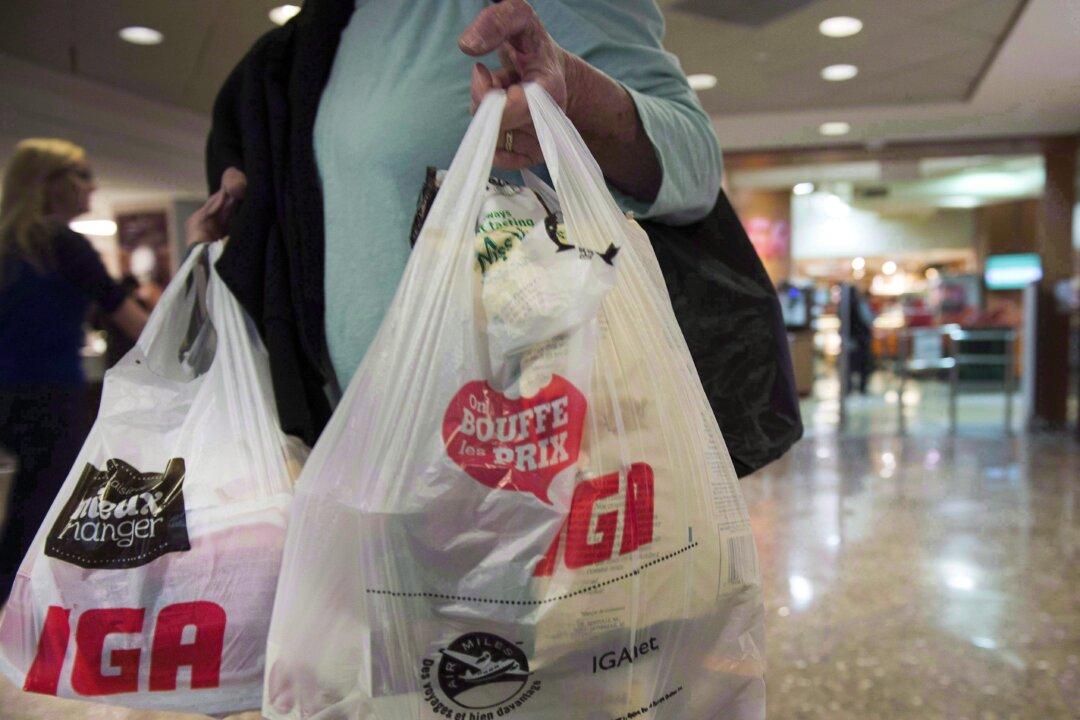More than three in five Canadians are concerned that they are compromising on nutrition because of high food prices and could suffer long-term health consequences as a result, according to a new survey.
Dalhousie University Agri-Food Analytics Lab provided The Epoch Times with a report on Oct. 4 that examined how Canadians are being affected by rising food prices, using data compiled by survey company Caddle in September.





